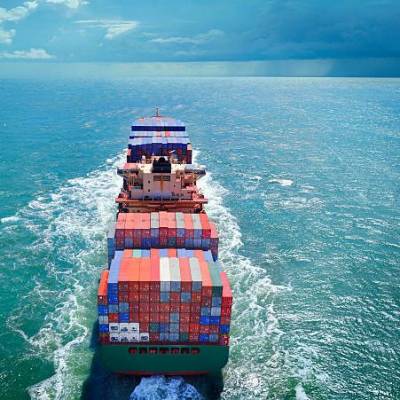

Tata Steel had shipped about 1,800 tonnes of finished steel products from Haldia Port in West Bengal to Pandu Port in Assam using the Indo-Bangladesh Protocol (IBP) route through the Brahmaputra River.
The products, including TMT bars, arrived at Haldia on rail before loading into river barges marking the beginning of multimodal logistics, an initiative to decarbonise the steel industry in India. The Minister of Ports, Shipping and Waterways, Sarbananda Sonowal, flagged off the barge, Kalpana Chawla, which carried the finished products of Tata Steel. Other Ministries, including Minister of State for Ports, Shipping & Waterways, Shantanu Thakur, Secretary, Ministry of Ports, Shipping and Waterways, Dr Sanjeev Ranjan, Chairman of SPM Port Trust, Vinit Kumar, Vice President Supply Chain, Tata Steel and Chairman of TM International Logistics Limited (TMILL), Peeyush Gupta, Chief Group Shipping of Tata Steel, Ranjan Sinha, and Managing Director of TMILL, Dinesh Shastri, were also present. Sonowal said that this maiden voyage shows the multimodal movement of cargo by harnessing hydropower of the river and sea for transporting the goods. He urged other stakeholders to use the same initiative to make it a national success. Peeyush Gupta said that the IBP route would better serve the growing North East market. It can also be used for serving other locations through the waterway to deliver steel products in smaller numbers and better condition for the benefit of customers in the North East regions. The initiative will offer a seamless and robust integrated logistics solution towards utilising inland waterways for India and Bangladesh. For Tata Steel, the IBP route will help in lowering their scope 3-carbon footprint. Last year, the company pioneered electric vehicles (EVs) to ship finished products in some locations. Image Source